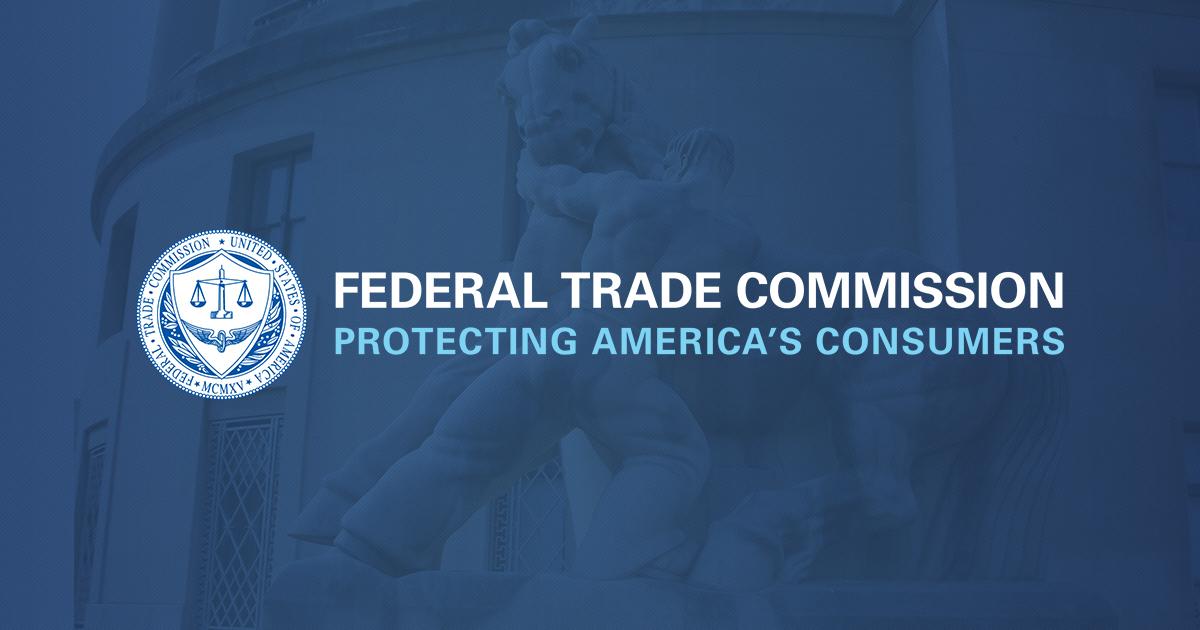Eighteen elusive marketers who cheated American and Canadian consumers out of more than $7 million are banned from selling business or work-at-home opportunities under court orders obtained by the Federal Trade Commission.
These orders, along with court orders against 14 other people and companies named in the FTC’s lawsuit, resolve charges that the defendants conned consumers into thinking they could make money by referring merchants in their area to a non-existent money-lending service. Many victims affected by this scam were seniors with limited income and savings.
“The defendants tricked people into purchasing worthless ‘business opportunities,’ and manipulated the credit card system to hide their tracks,” said Jessica Rich, director of the FTC’s Bureau of Consumer Protection. “We’re pleased the court stopped this deception, which harmed many older people just trying to make a living.”
The defendants, who began operating as “Money Now Funding,” tried to avoid detection by law enforcement by changing product names, office locations, and merchant identities. They falsely claimed consumers would earn up to $3,000 per month by referring small businesses to the defendants to obtain loans. After consumers paid up to $499 to buy the business opportunity, the defendants told them that, to succeed, they had to buy sales leads that cost tens of thousands of dollars but turned out to be worthless.
Today’s announcement describes the court’s summary judgment orders against three defendants (the court found the facts of the case indisputable), settlements with six defendants, and default judgment against 23 defendants who did not respond to charges made against them.
The various judgments and settlements impose a ban on selling business or work-at-home opportunities on Lukeroy K. Rose, Leary Darling, Solana DePaola, Lance Himes, Cordell Bess, Cynthia Miller, Clinton Rackley, and Richard Frost, and 10 corporate defendants: Money Now Funding LLC, Rose Marketing LLC, DePaola Marketing LLC, Affiliate Marketing Group LLC, Affinity Technologies LLC, Global Network Marketing LLC, Precise Payroll Services LLC, Strategic Media Advertising LLC, Legal Doxs LLC, and US Doc Assist LLC. Some defendants are also banned from telemarketing. In addition, the judgments and settlements include provisions that apply specifically to certain defendants, prohibiting them from engaging in the types of misconduct alleged by the FTC.
The judgments and settlements also impose monetary judgments of $7.3 million against 12 defendants, and smaller judgments against others. The judgments against some defendants are suspended due to their inability to pay and, in some cases, pending the transfer of assets frozen by the court or held in receivership. The full judgments will become due immediately if the defendants are found to have misrepresented their financial condition.
The Commission votes authorizing the staff to file the proposed stipulated final orders against DePaola, Himes, Claspell, Beckman, Duckett and Hobbs were 5-0. The orders were entered by the U.S. District Court for the District of Arizona on June 3 and June 24. The court entered summary judgment orders against defendants Rose, Darling, and Rackley on June 3, and against the default defendants between July 15 and 20.
NOTE: Stipulated final orders have the force of law when approved and signed by the District Court judge.
The Federal Trade Commission works for consumers to prevent fraudulent, deceptive, and unfair business practices and to provide information to help spot, stop, and avoid them. To file a complaint in English or Spanish, visit the FTC’s online Complaint Assistant or call 1-877-FTC-HELP (1-877-382-4357). The FTC enters complaints into Consumer Sentinel, a secure, online database available to more than 2,000 civil and criminal law enforcement agencies in the U.S. and abroad. The FTC’s website provides free information on a variety of consumer topics. Like the FTC on Facebook, follow us on Twitter, and subscribe to press releases for the latest FTC news and resources.

